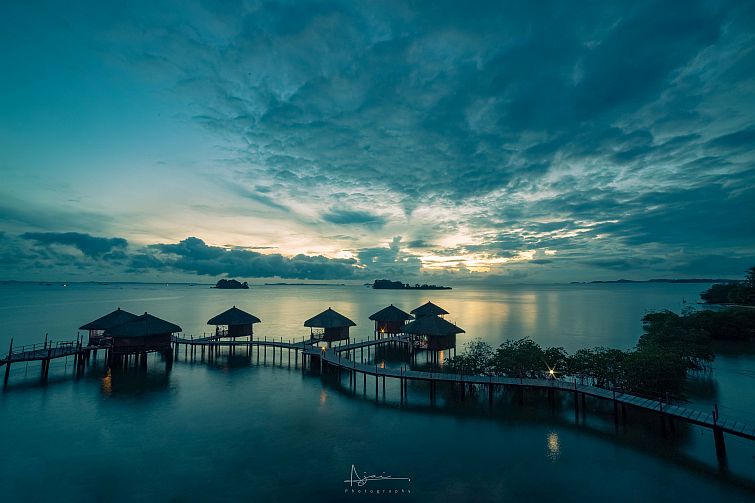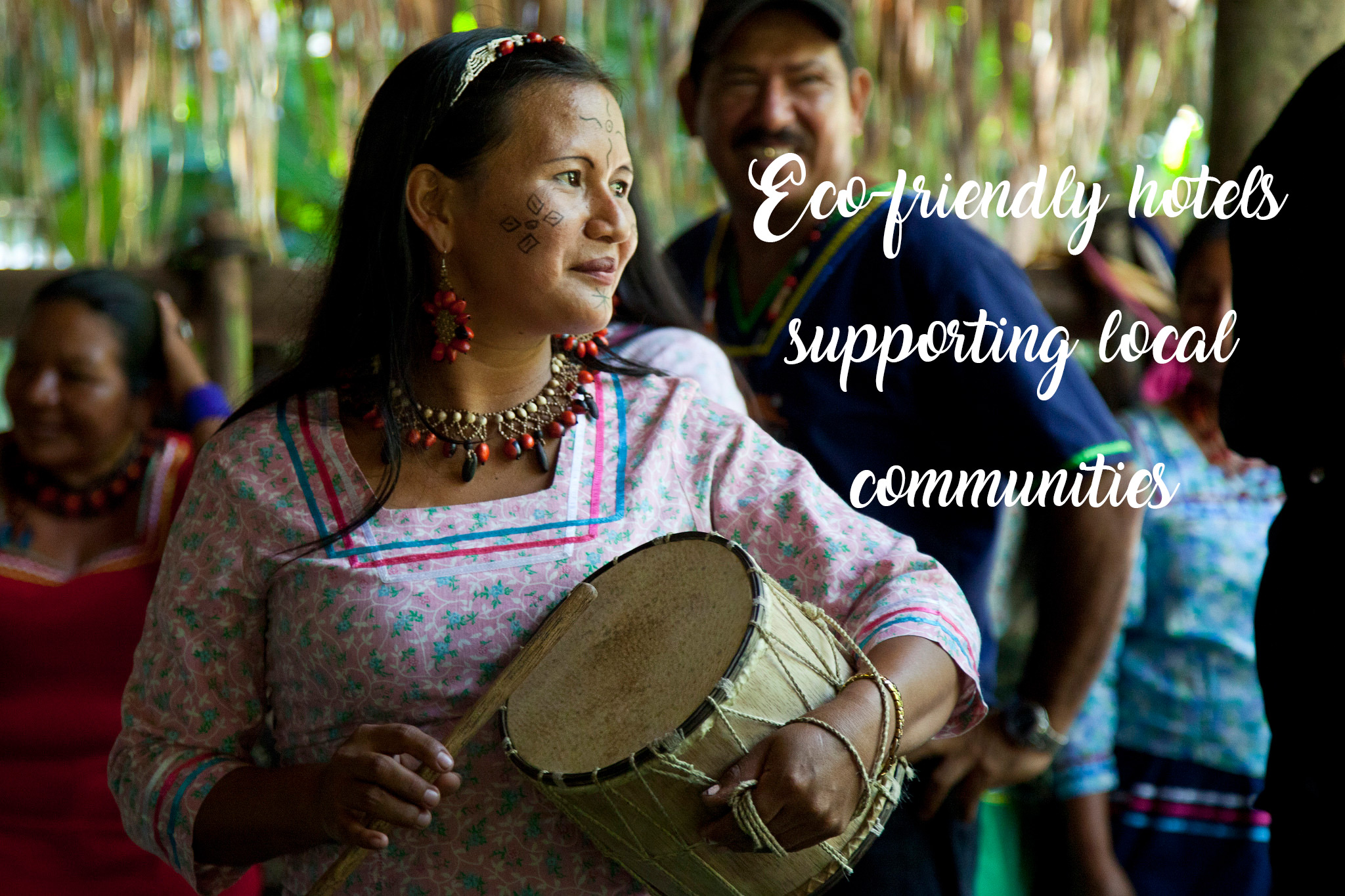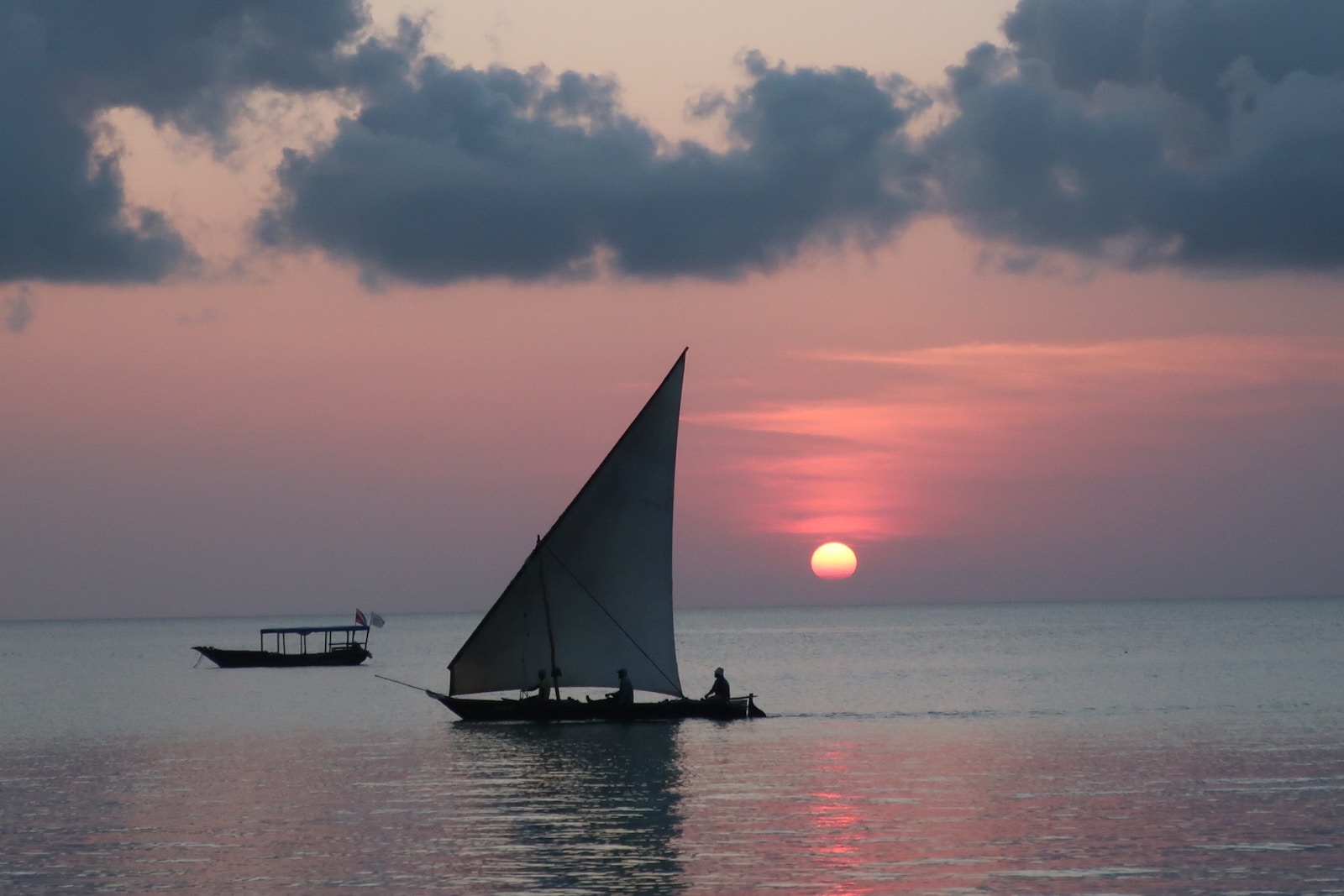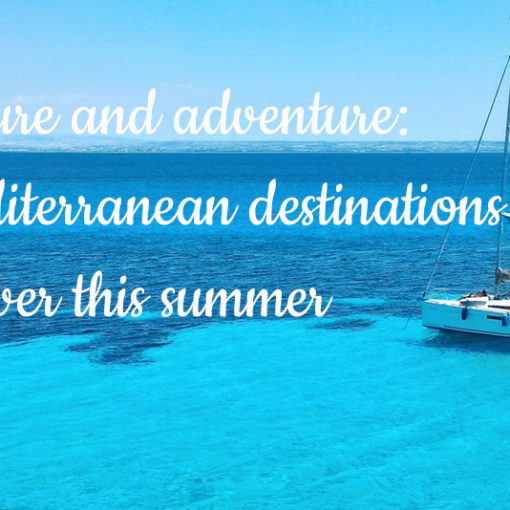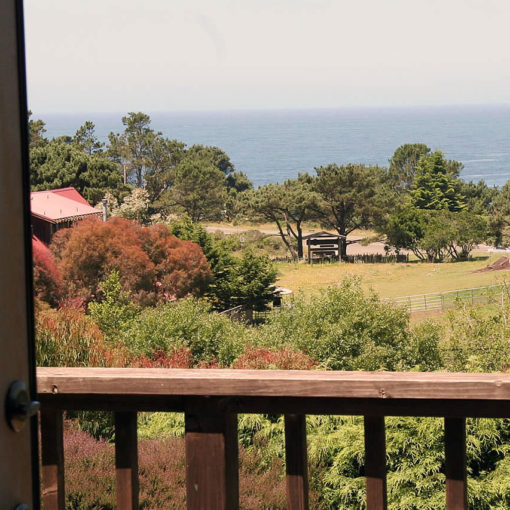Share This Article
Eco adventure tourism was the focus of our last edition of Responsible Travel Makers for 2020. It featured two pioneers in the field: Renée H. Kimball of Tranquilo Bay Eco Adventure Lodge and Dr Marc van Loo of LooLa Eco Adventure. They really showed us how adopting an eco business plan makes good commercial sense as well as being better for people and the planet. You can listen to the recording of the webinar on our YouTube channel
What is adventure tourism?
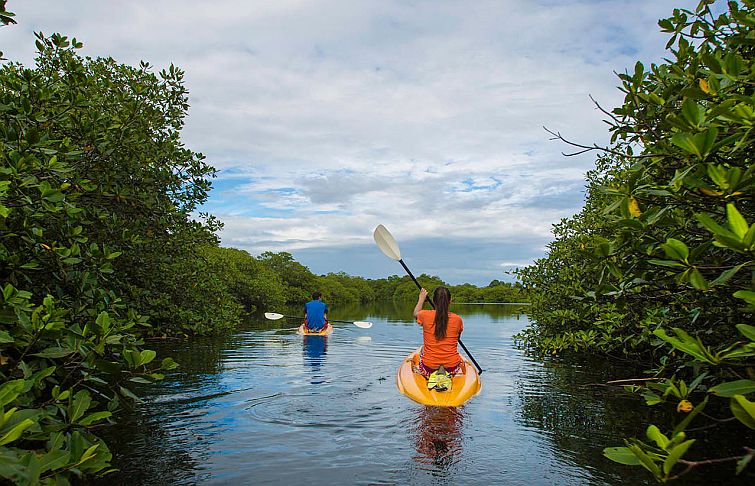
Before looking at the definition of eco adventure tourism, it is important to understand the adventure tourism market. Adventure tourism is a growing sector and allows travelers to enjoy close-to-nature experiences which are often high adrenaline and always active. Here are some of the more popular fun activities:
- Trekking/hiking
- Canoeing/kayaking
- Climbing/mountaineering
- Skiing/snowboarding
- Horseback riding
- Safari
- Sailing/cruising in small boats to remote destinations
Demand for Adventure tourism expected to rise
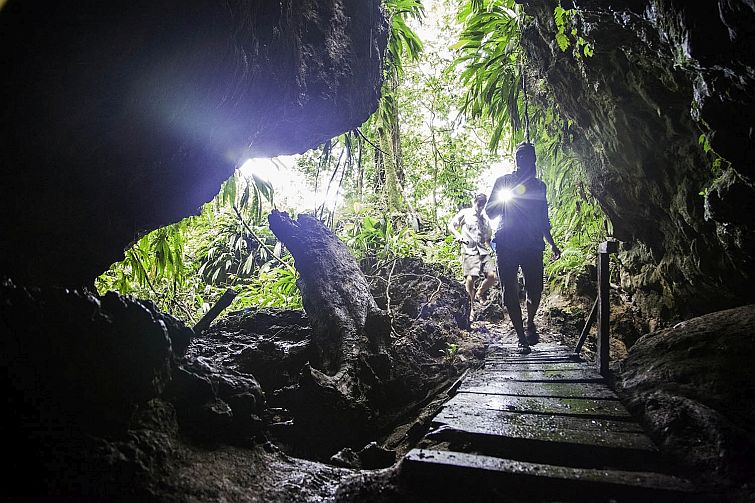
This style of tourism seems likely to increase as a result of the coronavirus pandemic and the desire to keep away from the crowds. Lockdown life has also heightened the appreciation of the natural world for many people.
There is plenty of evidence to support this likely trend. According to a pre-Covid report in 2017 by The World Bank Group two of the top five motivators for selecting vacation locations were ecotourism and nature. Tripadvisor and Phocuswright recently published a white paper looking at the travel industry’s road to recovery post-Covid. The research clearly identified trends around avoiding crowded places. More than half of respondents were more likely to take an outdoor/nature trip than they were before the pandemic. The Adventure Travel Trade Association (ATTA) research findings over the years show that hiking remains a very popular activity. Another recent study by Euronews also expects increased demand for wide-open spaces, eco-tourism, slow travel and engaging with local communities.
Adventure tourism is big business and was worth an estimated US$263 billion back in 2012, the most recent year for which data is available. This presents a great opportunity as the travel industry reinvents itself and emerges from the current crisis.
What makes Eco adventure tourism different?
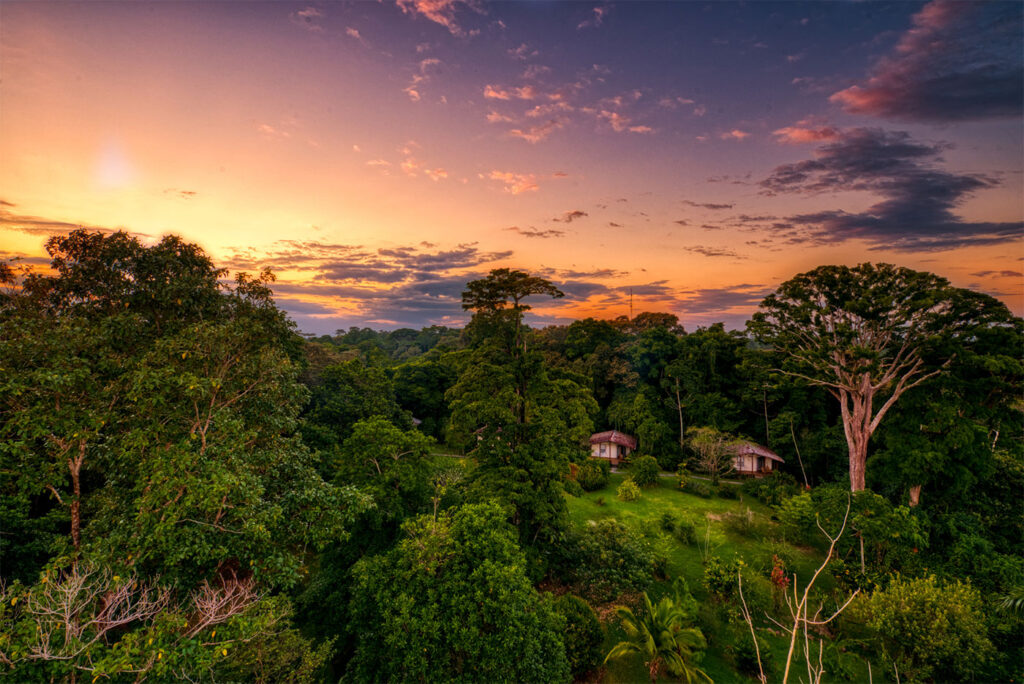
Eco adventure tourism offers all the same thrills and outdoor experiences but with a few subtle but important differences. Guests at an eco adventure resort will be supported and encouraged to reduce their impact on the environment and support local communities. In many cases, guests will even have a regenerative effect, ie they will be involved in leaving the place better than they found it.
As Renée of Tranquilo Bay Eco Adventure Lodge quoted the New York Times in the November Responsible Travel Makers, “Sustainable tourism is sort of a low bar. At the end of the day, it’s just not making a mess of the place. Regenerative tourism says, let’s make it better for future generations.”
When a traveler chooses an eco adventure resort, like Tranquilo Bay Eco Adventure Lodge and LooLa Eco Adventure, they know that they will be staying in a property which has taken active measures to reduce its carbon footprint. These types of properties will be monitoring their water use, energy consumption and reduction of harmful chemical usage. They will often offer their guests ways to offset their stay against carbon offset projects. But even more than that, they will be intrinsically involved in the local community. This could mean being involved in conservation work and local community projects. Employing local people is common practice but both Tranquilo Bay and LooLa go further. At Tranquilo Bay they invest in training for staff as well as wellbeing and benefits with 50% of managers from an under-represented group. At Loola the experiences they offer to guests actually directly improve the lives of the local community as you will read.
Eco adventure tourism and local communities
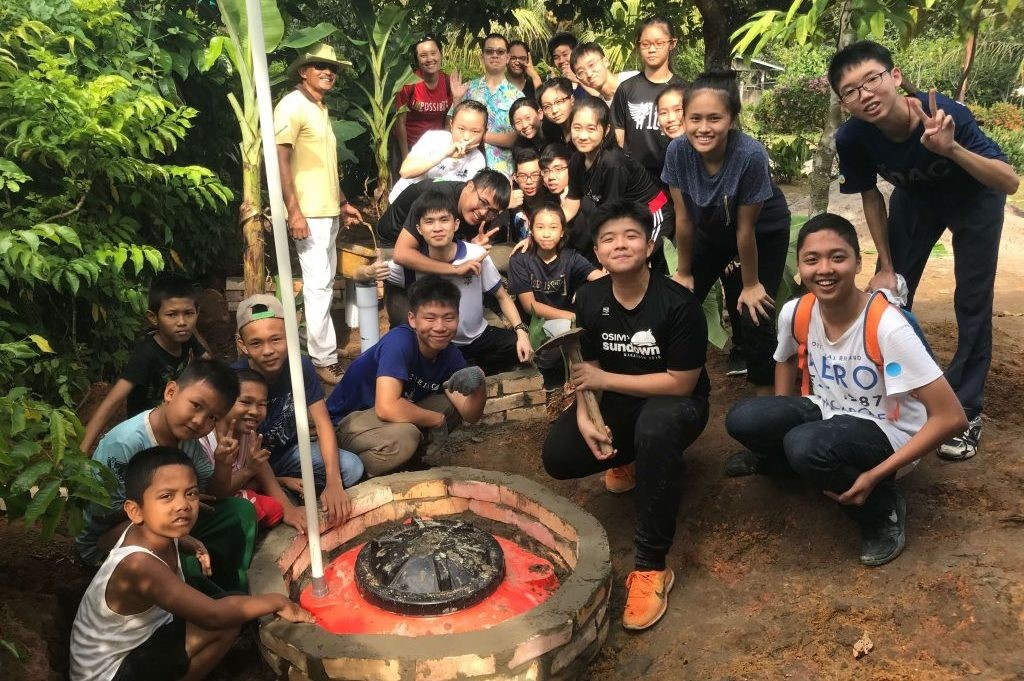
It is undisputed that the tourism industry has seen one of the most devastating impacts from the coronavirus pandemic. However, the impact from climate change is also already being seen in many parts of the world, from more severe weather events, species decline due to habitat loss and loss of livelihoods for local people.
As adventure tourism is so much about being outdoors in nature and in more rural parts of the world, it makes utter sense to do everything to protect the place they are actually promoting. In the case of LooLa Eco Adventure, the aim has been about its environmental and social impact whilst turning a profit. As Marc tells us his mission is ‘People, Place, Profit’. He has done everything possible to make the resort itself as eco efficient as possible: 70% solar powered using 20 times less electricity than before and using rainwater harvesting to provide water for the whole resort.
This is impressive but his approach to supporting the local community is quite outstanding. He is directly involved in improving the living conditions of the local people. Together with his staff and guests, he has tackled the problem of bad sanitation and subsequent infant mortality in Bintan. Staff and guests take part in home improvements and building his ground-breaking Safe Water Gardens. You must hear his story. Watch this video to find out more!
Generating revenue for conservation projects
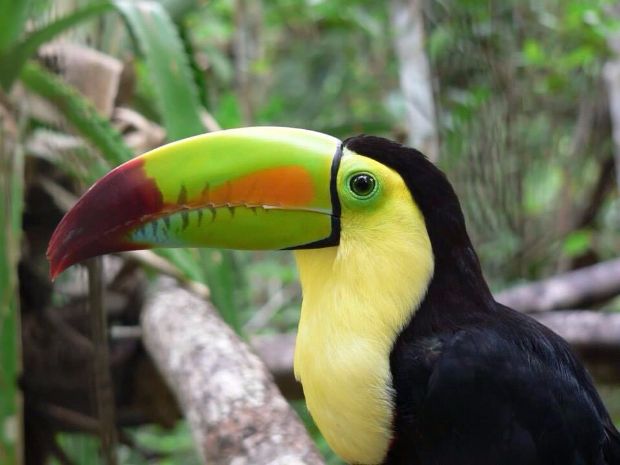
At Tranquilo Bay they have also adopted environmental management practices such as rainwater harvesting and grey water capture, creating compost from kitchen and garden waste and turning wine bottles into glasses.
The most impactful part of their eco adventure offer is their conservation work. They have helped the local indigenous community create an over 500-acre municipal reserve. This acts as a buffer zone to Bastimentos National Marine Park and provides palm leaves for local homes. They have also set up lists to monitor birds and other wildlife as part of their environmental impact study. They have noted 230 species around the resort itself and then taken that list up to 554 when you add in excursions further afield.
Renée herself has been involved in local organisations for tourism and sustainability over a number of years. She and her coworkers also work with national and international agencies to protect the flora and fauna of Bocas del Toro. They often host scientists whilst they are undertaking field projects studying a specific species like the red frog. Learn more about the amazing conservation work at Tranquilo Bay in this video.
Make an environmental and social impact
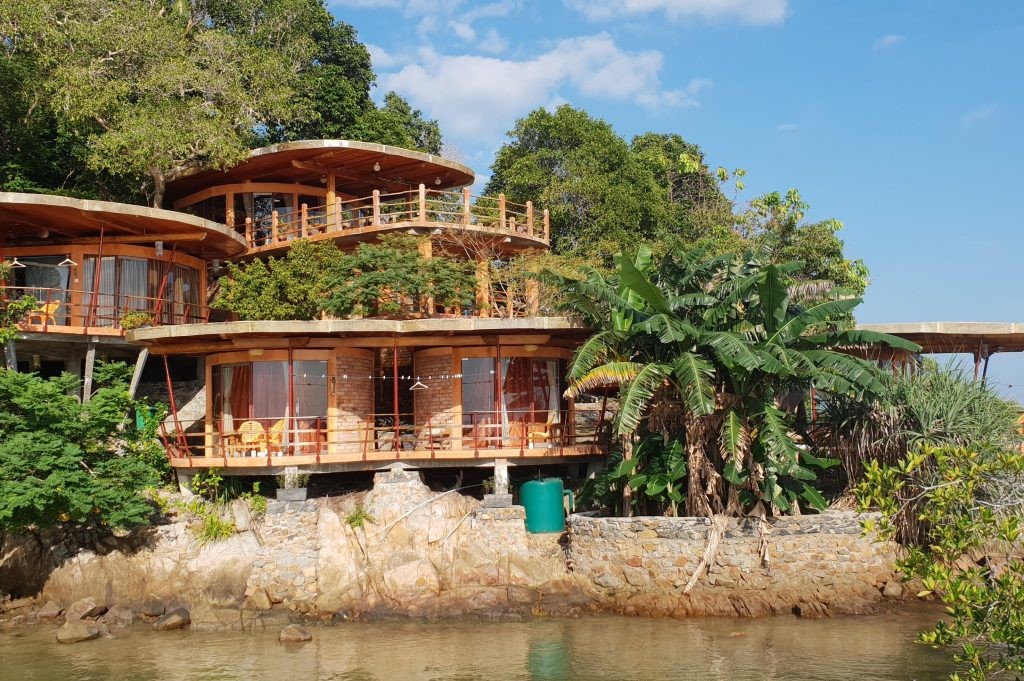
More and more travelers are looking for meaningful experiences when they travel. They feel that a vacation is not just about doing something for themselves. They want to give something back as well. They are mindful of their carbon footprint and the lives of the people who live and work in the destination they are visiting.
By choosing an eco adventure resort they can be sure of creating exhilarating experiences and long-lasting memories. But, importantly, they can do that in a way which is having a positive impact at the same time.
There is a real opportunity for eco adventure resorts to lead the way in creating a more sustainable tourism industry for future generations.
To listen to the recording of Responsible Travel Makers featuring Renée H. Kimball of Tranquilo Bay Eco Adventure Lodge and Dr Marc van Loo of LooLa Eco Adventure, check out this video on our YouTube channel.
For more information about Wayaj’s earth friendly collection of properties, go to our website.
For more information about joining Wayaj as a hotel member, read more here

